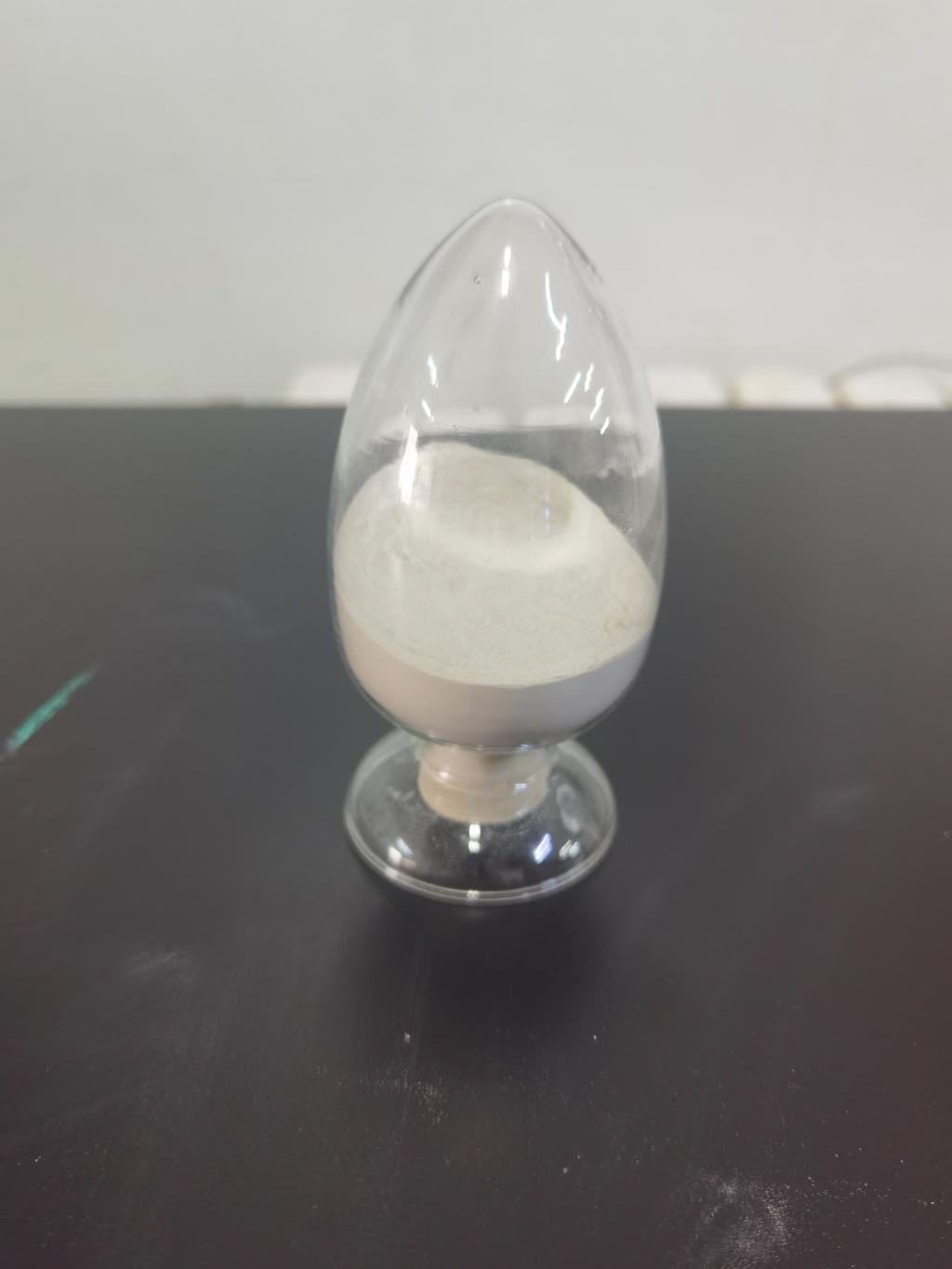Tel:+8618231198596

News
 CONTACT
CONTACT
 CONTACT
CONTACT
- Linkman:Linda Yao
- Tel: +8618231198596
- Email:linda.yao@dcpharma.cn
- Linkman:CHARLES.WANG
- Department:Overseas
- Tel: 0086 0311-85537378 0086 0311-85539701
News
Nisin: A promising alternative to chemical preservatives.
TIME:2024-05-08
Antimicrobial Properties of Nisin:
One of the key advantages of Nisin as an alternative to chemical preservatives is its potent antimicrobial properties. Nisin exhibits broad-spectrum activity against a wide range of Gram-positive bacteria, including foodborne pathogens such as Listeria monocytogenes, Staphylococcus aureus, and Bacillus cereus. Its mechanism of action involves disrupting bacterial cell membranes, leading to cell lysis and death. Additionally, Nisin has been shown to inhibit spore germination and biofilm formation, further enhancing its effectiveness as a preservative.
Regulatory Status and Safety Considerations:
Nisin has been approved for use as a food preservative by regulatory agencies worldwide, including the Food and Drug Administration (FDA) in the United States and the European Food Safety Authority (EFSA) in the European Union. It is generally recognized as safe (GRAS) when used within regulatory limits and has been assigned an acceptable daily intake (ADI) by regulatory authorities. Furthermore, studies have demonstrated the safety of Nisin for consumption, with no adverse effects reported at levels typically used in food products.
Applications in Different Food Categories:
Nisin finds applications in a variety of food products across different categories, including dairy, meat, poultry, seafood, canned foods, sauces, and dressings. In dairy products, such as cheese and yogurt, Nisin controls the growth of spoilage microorganisms and pathogens, improving product safety and quality. Similarly, in meat and poultry products, Nisin extends shelf-life by inhibiting the growth of bacteria that cause spoilage and foodborne illness. Additionally, Nisin can be incorporated into packaging materials, such as films and coatings, to provide an additional layer of protection against microbial contamination.
Future Prospects for Nisin in Food Preservation:
The use of Nisin as an alternative to chemical preservatives represents a growing trend in the food industry, driven by consumer demand for clean-label ingredients and safer food options. Future prospects for Nisin in food preservation are promising, with opportunities for further research and innovation. Areas of interest include the development of synergistic combinations of Nisin with other natural antimicrobials, optimization of Nisin production methods, and exploration of novel delivery systems to improve its stability and effectiveness in different food matrices. Additionally, advancements in biotechnology may lead to the production of engineered Nisin variants with enhanced antimicrobial activity and specificity.
Conclusion:
Nisin offers a promising alternative to chemical preservatives in food preservation, with its potent antimicrobial properties, natural origin, and regulatory approval for use in food products. By replacing synthetic additives with Nisin, food manufacturers can meet consumer demand for cleaner and safer food options while ensuring product safety and quality. As research and innovation in the field of food preservation continue to advance, Nisin is poised to play an increasingly significant role in the future of the food industry.
This article provides a comprehensive overview of Nisin as a promising alternative to chemical preservatives in food preservation, highlighting its antimicrobial properties, regulatory status, applications in different food categories, and future prospects. Through continued research and innovation, Nisin has the potential to revolutionize the way food products are preserved, contributing to improved food safety, consumer health, and sustainability in the global food supply chain.
- Tel:+8618231198596
- Whatsapp:18231198596
- Chat With Skype







